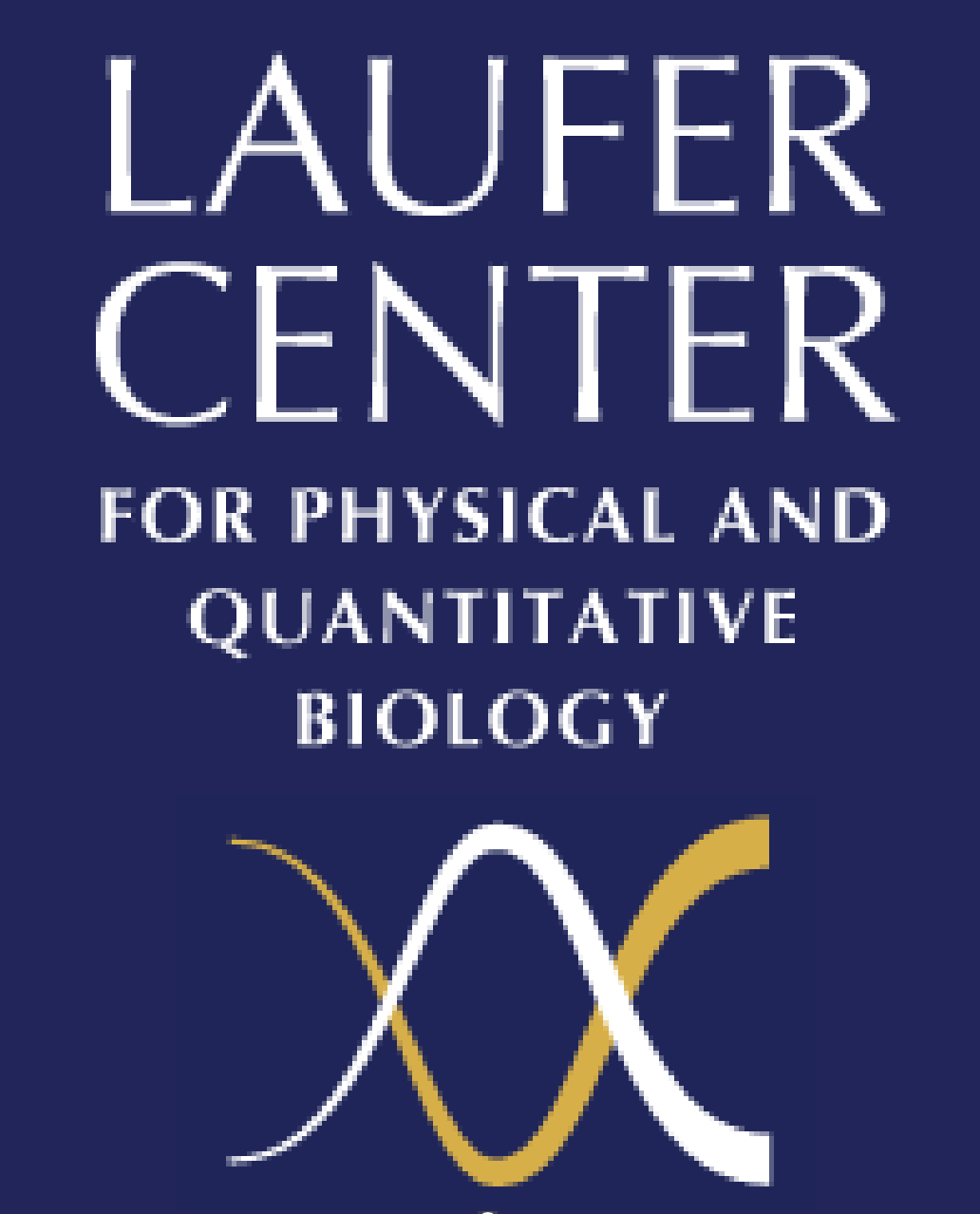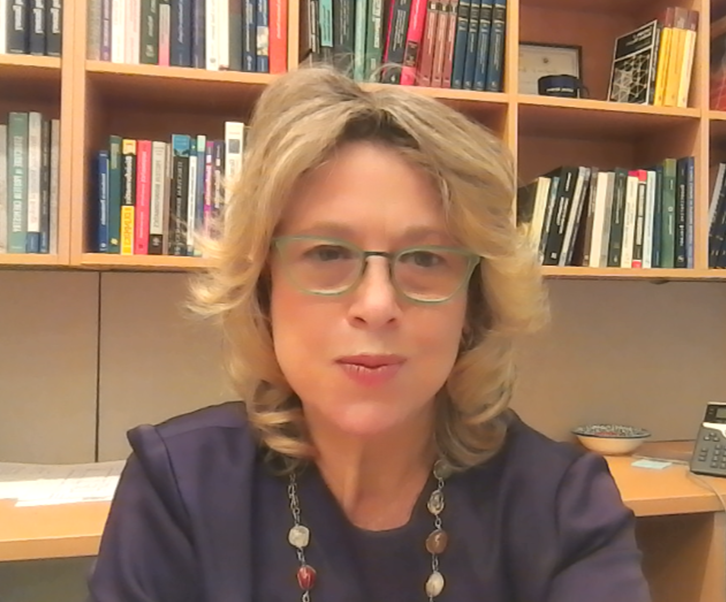Events Calendar
Lingchong You
Assistant Professor, Duke University, Biomedical Engineering & IGSP
The inoculum effect and band-pass bacterial response to periodic antibiotic treatment
As the first line of defense against bacterial infections, antibiotics have been hailed as the single most significant therapeutic discovery in medicine in the 20th century. However, they are falling victim to their own success. Decades of overuse and misuse is causing a major crisis: bacteria have developed resistance for every existing antibiotic; and they can do so at an alarming rate, considering the timescale at which new antibiotics can be developed. In addition to developing new antibiotics, it is now recognized that there is a critical need to design better treatment protocols, using currently existing antibiotics. Achieving this goal will require a better understanding of the myriad of ways by which bacteria can resist or tolerate antibiotic treatment at the level of individuals or populations.
A well-documented phenomenon of bacterial tolerance is the inoculum effect: for a given concentration of an antibiotic, its ability to inhibit bacterial growth decreases with the size of the bacterial inoculum. This phenomenon has been found to occur for all known bacterial pathogens when treated by many, but not all antibiotics. Occurrence of inoculum effect is often undesirable in the clinical setting: it can increase mortality rates of infected host by applying insufficient dose of antibiotics and cause overestimation of bacterial resistance. The inoculum effect can be readily explained in certain situations, for example, if the pathogen produces enzymes to degrade or modify the antibiotic. For many other antibiotics, the underlying mechanism remains undefined, which has led to debate in the literature with regard to its relevance.
In this work, we show that, for an antibiotic targeting the ribosome, the inoculum effect can be explained by the bistable inhibition of bacterial growth. Our results demonstrate that a critical requirement for this bistability is the fast degradation of the ribosome induced by the antibiotics that elicit the heat shock response. We show that this mechanism is applicable to a wide range of antibiotics and occurs in different species of bacteria, including ETEC and Salmonella typhimurium. We also find that the fast degradation leads to delayed recovery of bacterial growth after transient antibiotic treatment, which has critical implications for the design of periodic antibiotic treatment. Indeed, the inoculum effect, combined with the delayed recovery kinetics, can lead to “band-pass” bacterial response to periodic antibiotic treatment. When this occurs, treatment efficacy drastically diminishes at intermediate frequencies of antibiotic treatment.








